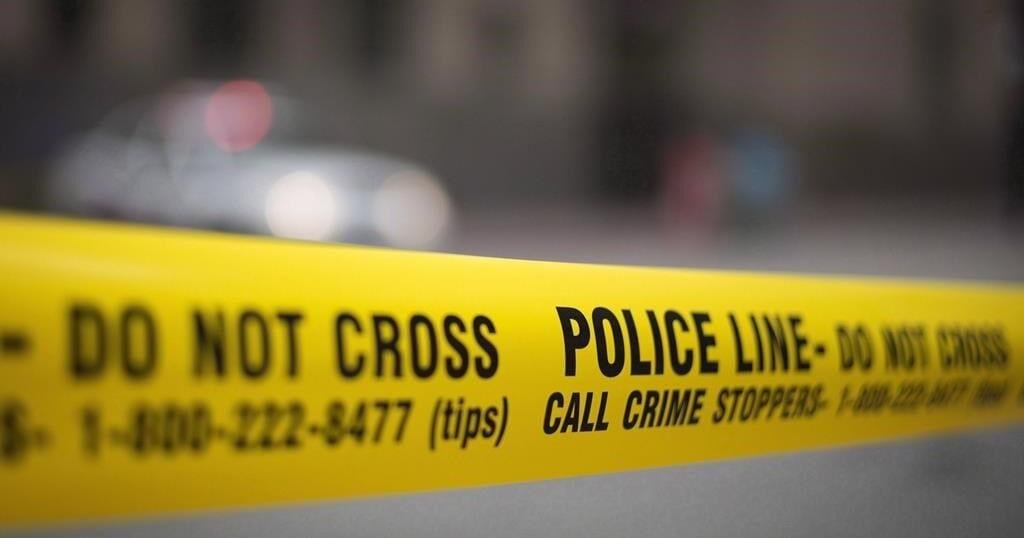A community legal clinic in Kingston, Ont., is denouncing the mayor’s calls to clear an encampment and close a supervised consumption site in the city following a series of alleged assaults that left two people dead and one seriously injured.
Kingston police said they were called to an encampment near a safe injection site on Thursday morning, where they allege a 47-year-old male suspect wielded an edged or blunt weapon and attacked three people. Police said he was arrested after officers negotiated with him for several hours.
The suspect is now facing two counts of second-degree murder and one count of attempted murder.
In a social media post, Kingston Mayor Bryan Paterson said he was “absolutely horrified” by the situation.
“We need to clear the encampment, close this safe injection site and the (Integrated Care Hub) until we can find a better way to support our most vulnerable residents,” he wrote.
The Kingston Community Legal Clinic called Paterson’s comments “premature and misguided” on Friday, arguing that such moves could lead to a rise in overdoses, fewer shelter beds and more homelessness.
In a phone interview, Paterson said the encampment was built around the Integrated Care Hub and safe injection site about three years ago. He said the encampment has created a “dangerous situation” in the area and has frequently been the site of fires, assaults and other public safety concerns.
“We have to find a way to be able to provide the services that people need, being empathetic and compassionate to those struggling with homelessness and mental health and addictions issues,” said Paterson, noting that the safe injection site and Integrated Care Hub are not operated by the city.
“But we cannot turn a blind eye to the very real public safety issues.”
When asked how encampment residents and people who use the services would be supported if the sites were closed, Paterson said the city would work with community partners to “find the best way forward” and introduce short-term and long-term changes.
Keeping the status quo “would be a terrible failure,” he argued.
John Done, executive director of the Kingston Community Legal Clinic, criticized the mayor’s comments and said many of the people residing in the encampment may be particularly vulnerable to overdoses and death. The safe injection site and Integrated Care Hub saves lives, he said.
Taking away those services, he said, would be “irresponsible.”
Done said the legal clinic represented several residents of the encampment when the City of Kingston made a court application last summer to clear the encampment. The court found such an injunction would be unconstitutional, he said.
Done added there’s “no reason” to attach blame while the investigation into Thursday’s attacks is ongoing. The two people who died have been identified as 38-year-old Taylor Wilkinson and 41-year-old John Hood.
“There isn’t going to be a quick, easy solution for the fact of homelessness, drug addictions in Kingston,” Done said. “So I would ask the mayor to do what he’s trained to do, which is to simply pause until we have more information.”
The concern surrounding the safe injection site in Kingston follows a recent shift in Ontario’s approach to the overdose crisis.
Last month, the province announced that it would close 10 supervised consumption sites because they’re too close to schools and daycares, and prohibit any new ones from opening as it moves to an abstinence-based treatment model.
This report by The Canadian Press was first published Sept. 13, 2024.

























